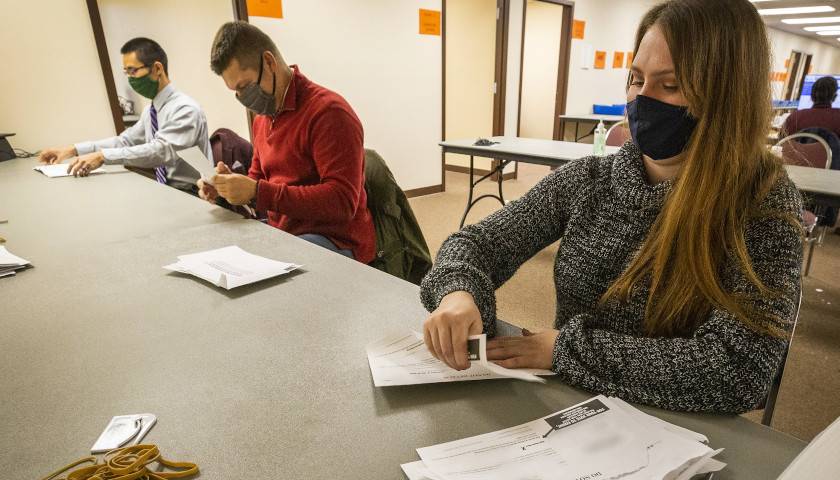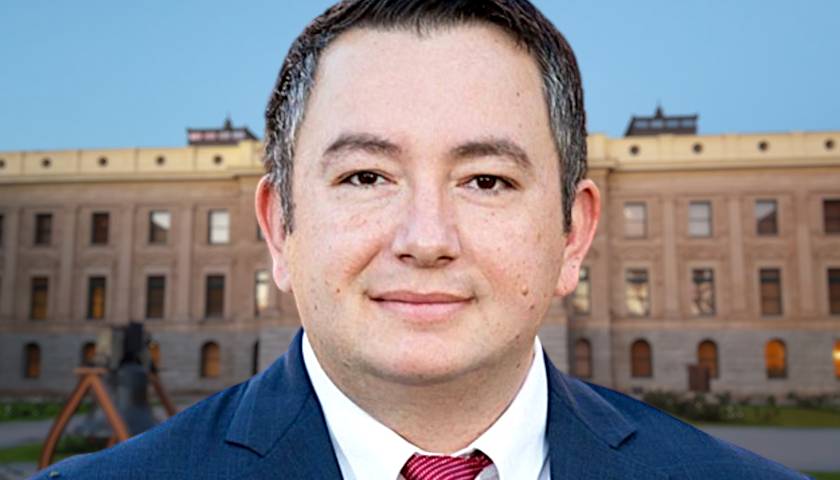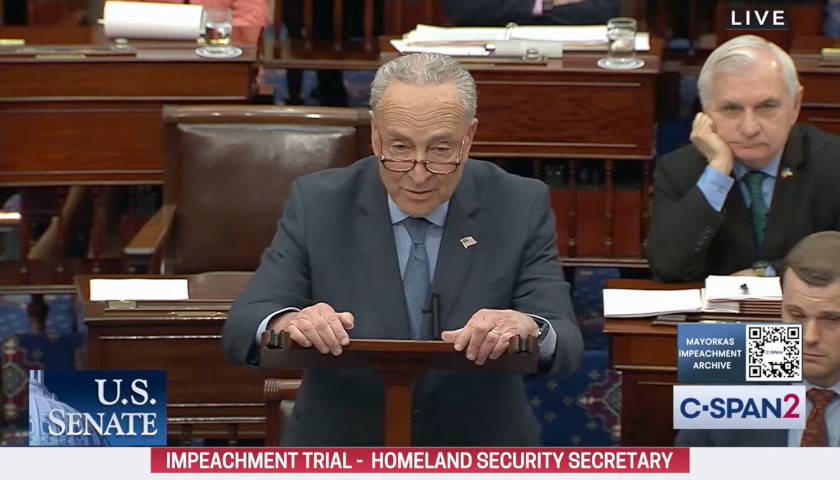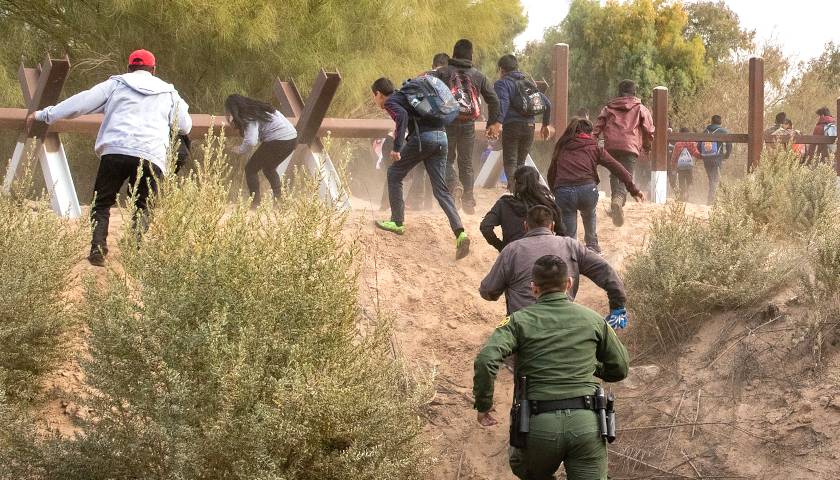Maricopa County Republicans voted to pass a resolution last Saturday at the annual mandatory meeting for precinct committeemen demanding that the Arizona Legislature conduct the presidential election in November using election integrity measures such as voting in person with only limited exceptions. The resolution states that the legislature has the authority to implement this under the U.S. Constitution. By doing so, they could get around Democratic Governor Katie Hobbs vetoing bills to accomplish these measures. Legislative District (LD) 3 Republicans passed the resolution unanimously on November 30, 2023.
The resolution, authored by grassroots activist Josh Barnett, who is running for State Senate in LD 2, said the legislature should use the authority provided in the U.S. Constitution’s Article 1, Section 4, Clause 1, and Article 2, Section 1, Clause 2 to select the time, place and manner of federal elections — specifically the presidential election. It asks the legislature to conduct the November 5, 2024, election for president with “voting in-person on Election Day only, requiring proof of U.S. citizenship, Voter ID, precinct-based voting and hand counting, no mail-ins, no machines, allowing absentee ballots only under appropriate mitigating circumstances.”
Additionally, Article II, Section 1, Clause 2 of the Constitution provides regarding the state’s authority over presidential elections, “Each State shall appoint, in such Manner as the Legislature thereof may direct, a Number of Electors, equal to the whole Number of Senators and Representatives to which the State may be entitled in the Congress…”
Stuart Scurti, LD3 precinct captain and LD3 chairman of the Election Integrity Committee, explained more about the resolution to The Arizona Sun Times.
“The down-ballot election would take place as it normally does (with fraud) as the Legislature does not have authority over these elections,” he said. “This parallel election would pose a problem for Secretary of State Adrian Fontes and Maricopa County Recorder Stephen Richer as the results would probably expose their massive fraud in the down ballot races. It would allow for a fraud-free election for the President of the United States rather than depending on an election run and controlled by Fontes and Richer that a significant percentage of the population no longer has faith in.”
Barnett told The Sun Times the 2000 Bush v. Gore decision by the Supreme Court emphasized the legislature’s plenary power over conducting presidential elections. That case cited the 1892 Supreme Court case McPherson v. Blacker, reiterating, “the practical construction of the clause has conceded plenary power to the state legislatures in the matter of the appointment of electors.”
According to Cornell Law School’s Legal Information Institute, the Supreme Court in Bush v. Gore did not go so far as to rule on the limits of state power over presidential elections; the court “ended the litigation — and the recount — on the basis of an equal protection interpretation, without ruling on the Article II argument.”
Barnett cited the success of the smooth election conducted on last week at the meeting, using paper ballots and hand counting. He said an earlier version of his resolution directed the legislature also to determine the electors, but he said after conversations with several members of the legislature, he realized there would not be enough support for that aspect.
The Brookings Institution, a progressive public policy group, acknowledged that the legislature has this authority but warned against using it. “[W]hile the Constitution gives state legislatures the power to choose electors, every state legislature has delegated to the voters the power to choose the President by voting for the presidential electors of the candidate they choose,” the group said. “While a state legislature in theory could take this power away from voters prior to Election Day, it is politically unfeasible and would lead to a national firestorm.”
A recent case decided by the Supreme Court, Moore v. Harper, clarified that state legislatures’ administration of federal elections is still subject to state court review. However, German-owned Politico noted about last June’s decision, authored by Chief Justice John Roberts, “Roberts’ majority opinion does not give state courts free rein to impose any sort of limits on legislatures’ action.”
– – –
Rachel Alexander is a reporter at The Arizona Sun Times and The Star News Network. Follow Rachel on Twitter / X. Email tips to [email protected].





